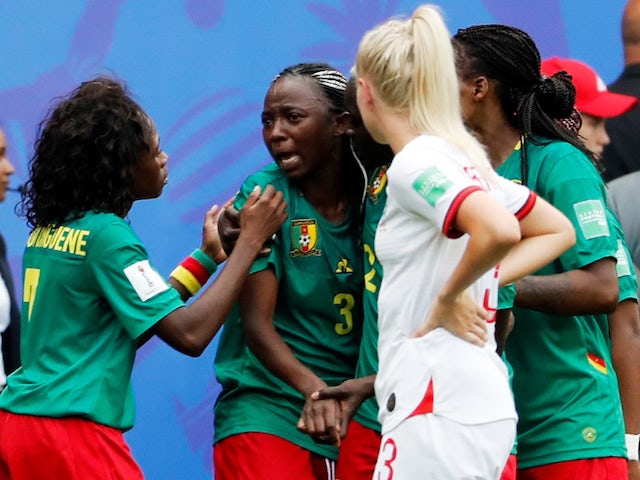VAR was used to check an average of 10.28 incidents per game during the Women's World Cup.
The technology was used in relation to 535 incidents in 52 matches according to a refereeing review published by FIFA.
There was one VAR review every 1.58 matches and 29 decisions were changed, while four were confirmed.
Thirteen more decisions were reviewed and 80 more incidents checked than at the men's World Cup in Russia last year, despite there being 12 fewer games.
Four goals were disallowed, including Ellen White's apparent equaliser in England's 2-1 semi-final defeat to the USA, which was ruled out after the striker was found to have strayed fractionally offside on review.
The Lionesses also had a goal given after a VAR offside review in their 3-0 quarter-final win over Cameroon.
The game saw furious protests from Cameroon after a number of decisions went against them, leading England boss Phil Neville to say he was ashamed of the opposition.
There were also 13 penalties awarded following reviews, with Steph Houghton missing a late spot kick against the USA after it was given via VAR.
Nikita Parris scored England's first goal of the tournament after a review – a penalty in the 2-1 win over Scotland.
Four penalties were also cancelled by VAR during the tournament.
Fifteen goals were correctly disallowed without VAR's assistance, while the average time delay for a review was one minute and 33 seconds.







